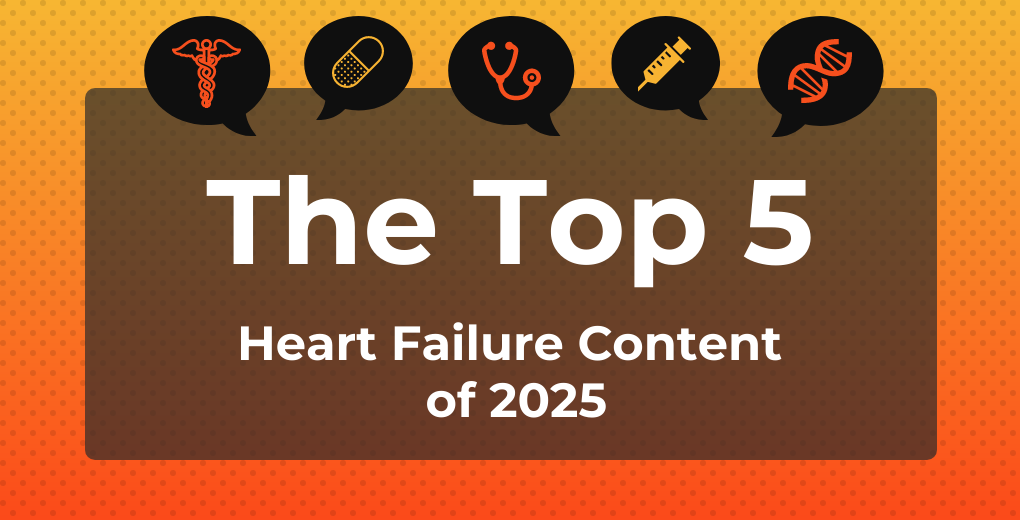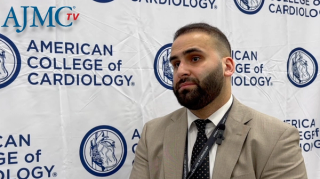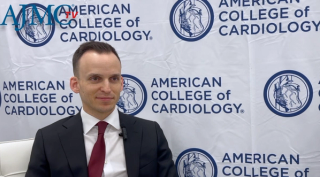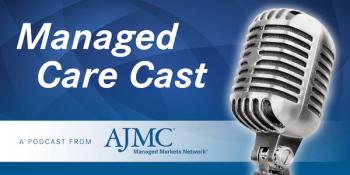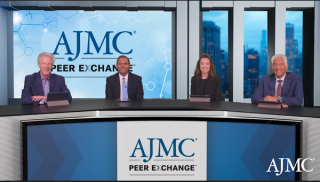
Heart Failure
Latest News
Video Series

Latest Videos
Shorts





Podcasts
CME Content
More News

Guideline-recommended HF therapies do not improve major outcomes in Chagas disease, though sacubitril/valsartan improved NT-proBNP levels, new data show.

Non-DNMT3A CHIP subtypes raised heart failure risk in a recent analysis, offering new insights for prevention and targeted management.

Scientists restored the CCNA2 gene in adult human heart cells, enabling them to divide and form new functional cardiomyocytes—advancing heart repair therapies.

Guideline-directed medical therapy used with remote monitoring can potentially reduce hospitalization in patients with heart failure with ejection fraction.

Aggressive lifestyle and risk factor control after ablation significantly lowers atrial fibrillation recurrence and improves heart health.

Increases in global temperatures may exacerbate cardiovascular mortality risk in older patients with heart failure.

Heart rate variability (HRV) biofeedback may be a potential intervention for patients with coronary artery disease.

Papillary muscle scarring (papSCAR) was found to be associated with increased risk of cardiac death in patients with dilated cardiomyopathy
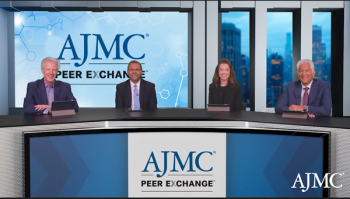
Panelists discuss how effective heart failure management requires collaborative care across multiple specialties (primary care, cardiology, endocrinology, nephrology) with advanced practice providers serving as dedicated coordinators, utilizing multidisciplinary teams and algorithm-driven care protocols to optimize patient outcomes and prevent the hot potato approach to complex comorbidities.

A retrospective multicenter study found that patients with heart failure discharged by noon had higher short- and long-term mortality and increased early readmission rates compared with afternoon discharges.

Stephen Greene, MD, discusses the future and practical implications of optimizing quadruple foundational therapies for patients with heart failure.

Panelists discuss how heart failure classification involves HFrEF vs HFpEF distinctions and staging systems (A through D), with the greatest prevention opportunities existing in early stages A and B, where patients have risk factors or subclinical dysfunction but haven’t yet developed overt clinical symptoms.

Panelists discuss how quality metrics should focus on keeping patients out of hospitals through core medical therapies, measuring all-cause hospitalizations and days spent at home in the community, while tracking both process metrics (guideline-directed medical therapy prescriptions, comorbidity management) and outcome metrics (mortality, readmissions, quality of life) with financial incentives through Medicare Accountable Care Organization programs.

Panelists discuss how heart failure affects 1 in 4 people over their lifetime with 7 million current cases in the US, while Optum Health has implemented an innovative screening program using symptom questionnaires, BNP testing, and echocardiograms for patients over age 60 years during wellness visits.

Panelists discuss how heart failure creates a massive economic burden of approximately $30 billion annually (expected to reach $70 billion to $80 billion by 2030), driven by hospitalizations, readmissions, expensive multidrug regimens costing over $20,000 to $30,000 per patient, and high-cost interventions like ablations and advanced therapies.

The American Heart Association (AHA) launched a news initiative to address challenges with in-hospital care for patients with different types of heart failure.

The transthyretin cardiac amyloidosis (ATTR-CA) variant is more prevalent in Black individuals, increasing the need for more research to assess hereditary links and early prevention awareness.

Social determinants of health were associated with a younger age of first hospitalization for heart failure in Black and Hispanic patients when compared with Asian and White patients.

A new study evaluated real-world data on the efficacy of GLP-1s in patients with obesity and heart failure with preserved ejection fraction (HFpEF), confirming findings from prior research.

In an observational extension of the myPACE clinical trial, researchers found that a personalized accelerated pacing in patients with heart failure with preserved ejection fraction (HFpEF) and a preexisting physiological pacer saw a slower trend in adverse cardiac events and overall improved health status.

The analysis highlighted a shift in heart failure diagnoses, with hypertensive heart disease with and without chronic kidney disease as prevalent diagnoses, underlining coding variability and implications for research.

Clinical trial results establish the safety and efficacy of finerenone to help preserve potassium levels and reduce sodium in patients on diuretics with heart failure and mildly reduced ejection fraction or preserved ejection fraction.

The cause of dilated cardiomyopathy (DCM) can be associated with the presence of the TTN gene combined with preexisting comorbidities like atrial fibrillation, which increase the odds of developing DCM.

Left bundle branch block may serve as an important indicator for asymptomatic individuals predisposed to heart failure.

Black women had lower moderate-to-vigorous intensity physical activity scores when compared with Black and White men and their White female counterparts, highlighting the need for support across patient subgroups.


